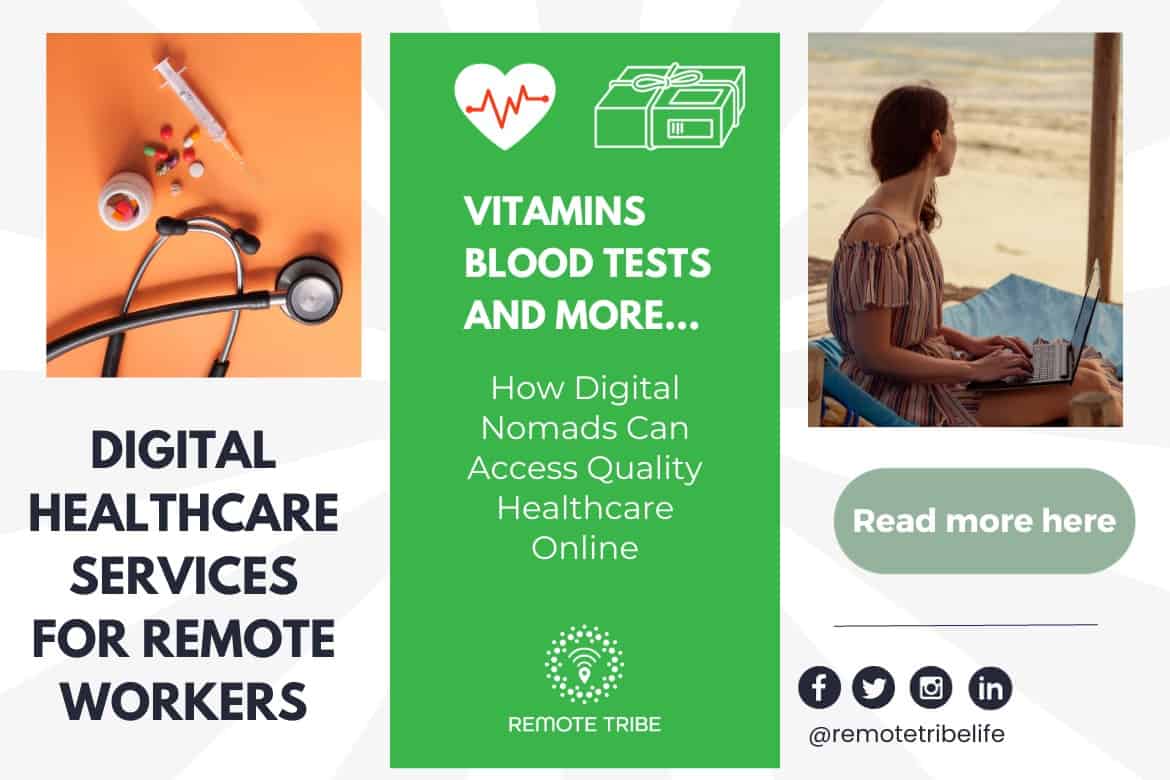The Future of Medicine: Checking Out Subscription Based Healthcare Versions
Just How Subscription-Based Health Care Is Changing the Medical Market

The Surge of Registration Medical Care
In recent times, the healthcare industry has actually observed a significant shift towards subscription-based versions, mirroring more comprehensive customer fads preferring ease and predictability. This transformation is driven by the increasing need for even more tailored and accessible treatment options. Membership healthcare, in some cases described as attendant medication or straight health care, supplies clients a fixed monthly cost for an array of medical services, significantly modifying standard fee-for-service designs.
The rise of registration medical care is assisted in by developments in technology, which make it possible for structured communication in between carriers and people - subscription based healthcare. Digital systems and telehealth solutions have come to be essential, offering people the ability to set up visits, access medical documents, and get consultations online. This technical integration not just enhances individual engagement yet also permits companies to supply much more reliable care
In addition, the subscription version aligns with the progressing assumptions of clients that seek more control over their health care expenses and experiences. By getting rid of the changability of co-pays and insurance cases, subscription-based health care uses a clear and simple strategy. While this model is acquiring grip, its spreading faces difficulties such as governing difficulties and the necessity for wider approval within the typical healthcare community. Nevertheless, its expanding visibility notes a zero hour in the development of health care distribution.
Benefits for Patients and Service Providers
Subscription-based health care supplies a multitude of benefits for both people and companies, reshaping the characteristics of clinical treatment. For patients, this model provides enhanced accessibility to healthcare services.
For healthcare carriers, subscription-based designs foster an even more sustainable and enjoyable technique. Administrative jobs are usually structured, decreasing overhead expenses and allowing carriers to devote even more time to individual interaction. Generally, subscription-based healthcare straightens the incentives of people and companies, advertising a more reliable and patient-centered health care distribution system.
Key Attributes of the Model
Frequently, the crucial attributes of the subscription-based healthcare model highlight its distinct approach to providing medical solutions. Central to this version is the principle of predictable, monthly repayments, offering individuals a thorough variety of services without the unpredictability of conventional fee-for-service structures. This design commonly consists of endless accessibility to medical care services, preventive care, and regular check-ups, guaranteeing that clients can engage with their healthcare companies proactively instead of reactively.
Furthermore, direct communication channels, such as telemedicine and messaging platforms, are emphasized, enabling clients to receive timely guidance and assessments without needing in-person appointments. This enhances accessibility and convenience, specifically for people with wheelchair restrictions or those living in remote areas. The version additionally promotes stronger doctor-patient partnerships, as medical care carriers are incentivized to concentrate on long-lasting health end results instead than short-term visits.
In addition, subscription-based medical care typically integrates technical advancements, such as electronic wellness records and health tracking apps, to give tailored and effective care. People benefit from coordinated and continual care monitoring, which is tailored to their details health demands. Ultimately, these attributes collectively develop a patient-centered healthcare experience, focusing on accessibility, expense transparency, view publisher site and precautionary treatment.

Obstacles and Considerations
While the subscription-based health care version offers various benefits, it is not without its considerations and my blog obstacles. Registration models may accidentally prefer those with higher socioeconomic status, potentially broadening disparities in medical care access for lower-income individuals who may have a hard time with month-to-month costs.
Another challenge lies in regulative conformity. Subscription-based medical care must navigate a complex web of policies that vary by region, including problems around individual discretion, information defense, and state licensing needs. Ensuring compliance without impeding the model's flexibility and development can be intimidating for carriers.
In addition, there is the threat of overutilization or underutilization of solutions. Individuals paying a dealt with cost may overuse solutions, leading to enhanced operational costs, while others might underutilize due to be afraid of straining the system, possibly overlooking required care.
Future Prospects and Innovations
The landscape of subscription-based healthcare is positioned for makeover with emerging developments and developing prospects. As modern technology proceeds to development, the combination of expert system and equipment discovering provides significant possibilities to improve diagnostic precision and enhance client management. Anticipating analytics can reinvent precautionary care by determining potential wellness dangers prior to they materialize, thereby lowering both expenses and the burden on health care systems.
Moreover, telemedicine is established to expand within registration designs, offering people boosted access to health care professionals no matter geographical restraints. This not only promotes continuity of treatment but additionally empowers individuals to engage more proactively in their health administration. In addition, blockchain innovation supplies potential in protecting patient data and guaranteeing interoperability across systems, cultivating trust and transparency.
The advancement of personalized medicine is an additional frontier, with membership models offering an one-of-a-kind framework for providing tailored wellness solutions. Genetic testing and individualized therapy plans can be perfectly incorporated, straightening patient needs with particular medical treatments. Collaborations between tech business and health care suppliers are most likely to generate ingenious options, improving individual experiences and end results. As these potential customers emerge, subscription-based health care has the prospective to redefine exactly how care is delivered and accessed.
Final Thought
Subscription-based healthcare is transforming the clinical market by offering an extra available, foreseeable, and patient-centered method to clinical services. This model boosts patient-provider partnerships, makes sure monetary openness, and highlights precautionary treatment with limitless consultations and telemedicine. Regardless of difficulties such as regulatory difficulties and potential differences in gain access to, the subscription design holds guarantee for an extra individualized and efficient medical care experience. As technology advancements, even more technologies are likely to resolve existing difficulties and maximize healthcare distribution.
Registration medical care, sometimes referred to as concierge medicine or straight key treatment, offers clients a set month-to-month cost for a range of medical services, considerably changing typical fee-for-service designs.
Moreover, the registration design aligns with the advancing expectations of individuals that look for even more control over their health care expenditures and experiences. For people, this version provides enhanced accessibility to medical care find more info solutions. Overall, subscription-based healthcare aligns the incentives of patients and providers, promoting a more patient-centered and efficient healthcare delivery system.
In addition, telemedicine is established to increase within membership designs, offering clients increased access to medical care specialists regardless of geographical constraints. - subscription based healthcare